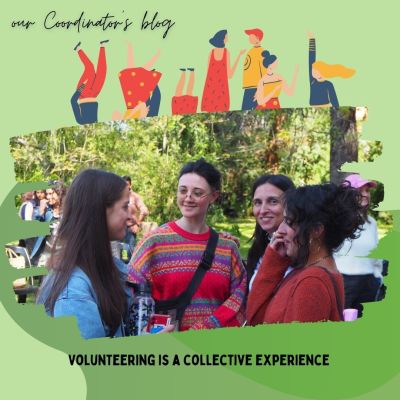Eating is a social act, we eat because we need it, for its nutrients that keep us alive, but it also makes our cultural and social relationships, because food is not used just for eating.
Studying the use of food in different societies, it was found that there are similar practices across the globe:
1.- Satisfy hunger and nourish the body.
2.- Start and maintain personal and business relationships.
3.- Demonstrate the nature, depth and extent of social relationships.
4.- Provide an enclave of community activities.
5.- Express love and affection.
6.- Express individuality.
7.- Proclaim the distinction of a group.
8.- Demonstrate belonging to a group.
9.- Deal with psychological or emotional stress.
10-Indicate the social status.
11.-Provide rewards and punishments.
12.-Reinforce self-esteem and gain recognition.
13.-Manifest and exercise political and economic power.
14.-Prevent, diagnose and treat physical illnesses.
15.-Prevent, diagnose and treat mental illness.
16- Manifest emotional experiences.
17.-Manifesting piety or devotion.
18.-Symbolize security.
19.-Express moral feelings.
It should be noted that these uses have to do with social relationships, so we point out that there is no food event without a diner, without food, and without both being located in a specific society at a specific time, which designates one as a guest and the other as food.
Reference: PATRICIA AGUIRRE
CONCLUSIONS OF GROUP REFLECTIONS
• We connect with others when we eat.
• Sharing the table has great symbolic value for all cultures, it is the moment where we are.
• The way of life that is imposed on us destroys community eating.
• Cooking is a devalued job. The work of food production is also devalued, as if it were not one of the most important things for the human being.
• Through food we express our individuality, and diversity is evidenced.
• The State provides low-quality food to social organizations and the people, because it does not care that we eat well.
• Many of the diseases that are spreading, such as diabetes or celiac disease, are closely related to the way we eat and the way in which those foods are produced.
• We eat poison, we have no other choice, because eating has to eat the same.
• There is slave labor behind our food.
• It gives tranquility and peace to know that you have a full fridge. That allows you to think about other things.
• In our country we do not have food security.





